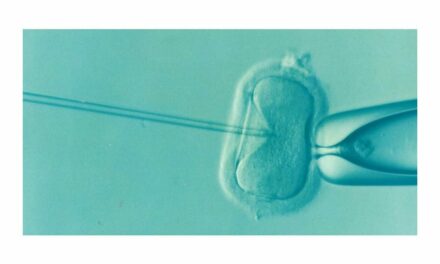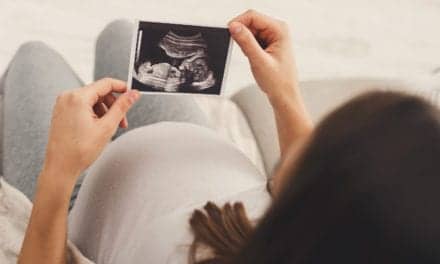Proov, a diagnostics company offering medical grade at-home tests and a support platform, has received patent issue notification for its fourth utility patent. The patent covers progesterone (or PdG) testing via urine test, a method for identifying the fertile window by testing PdG and other hormones, and a multi-hormone test that includes testing for PdG and one or more other hormones associated with the menstrual cycle.
Progesterone is a critical hormone produced by the ovary after ovulation. One of the primary roles of progesterone is to prepare the uterine lining for implantation. Without enough progesterone after ovulation, it can be more difficult for implantation to properly occur.
Successful ovulation is defined as sustained, elevated PdG levels during the implantation window, and gives the best chance at conceiving. Proov’s fourth patent adds to Proov’s patent portfolio, related to the testing of PdG in urine in women. This patent protects a system for at-home testing, with the ability to detect both PdG and luteinizing hormone (LH), while providing users protection when displaying results for PdG and LH tests on an external device that has a graphical user interface.
The new patent encompasses a system that measures follicle-stimulating hormones (FSH), estrogen, LH, and progesterone markers in urine to pinpoint the fertile window in women. Proov has many additional related technologies covered by pending patent applications, the company says.
“As Proov continues to expand one of the most important patent portfolios in hormone signaling for women’s health, we will continue to build upon our efforts to aggressively enforce our patents and deter others from infringing upon the PdG and other testing technology that Proov has created,” says Amy Beckley, PhD, owner and co-founder of Proov.





